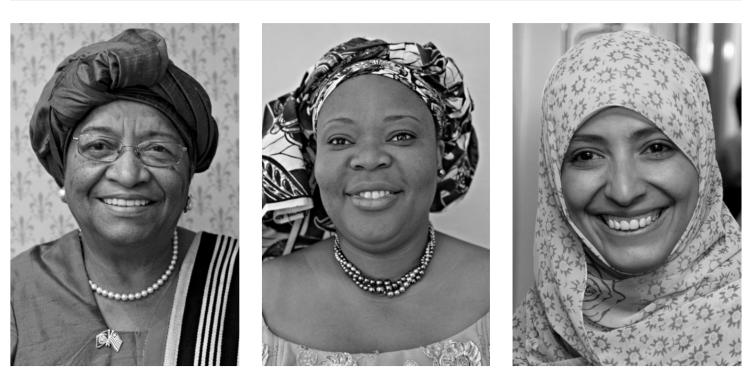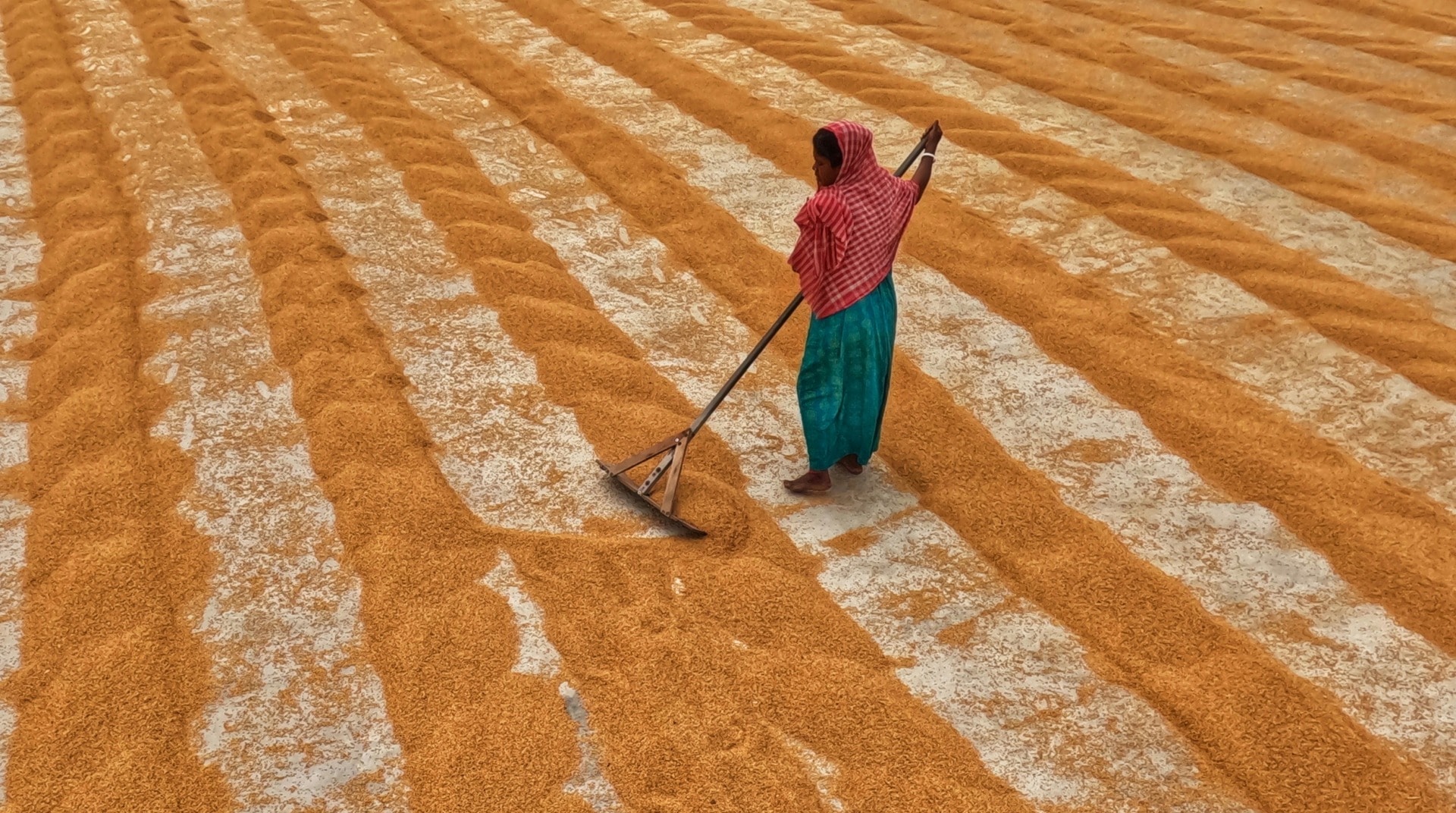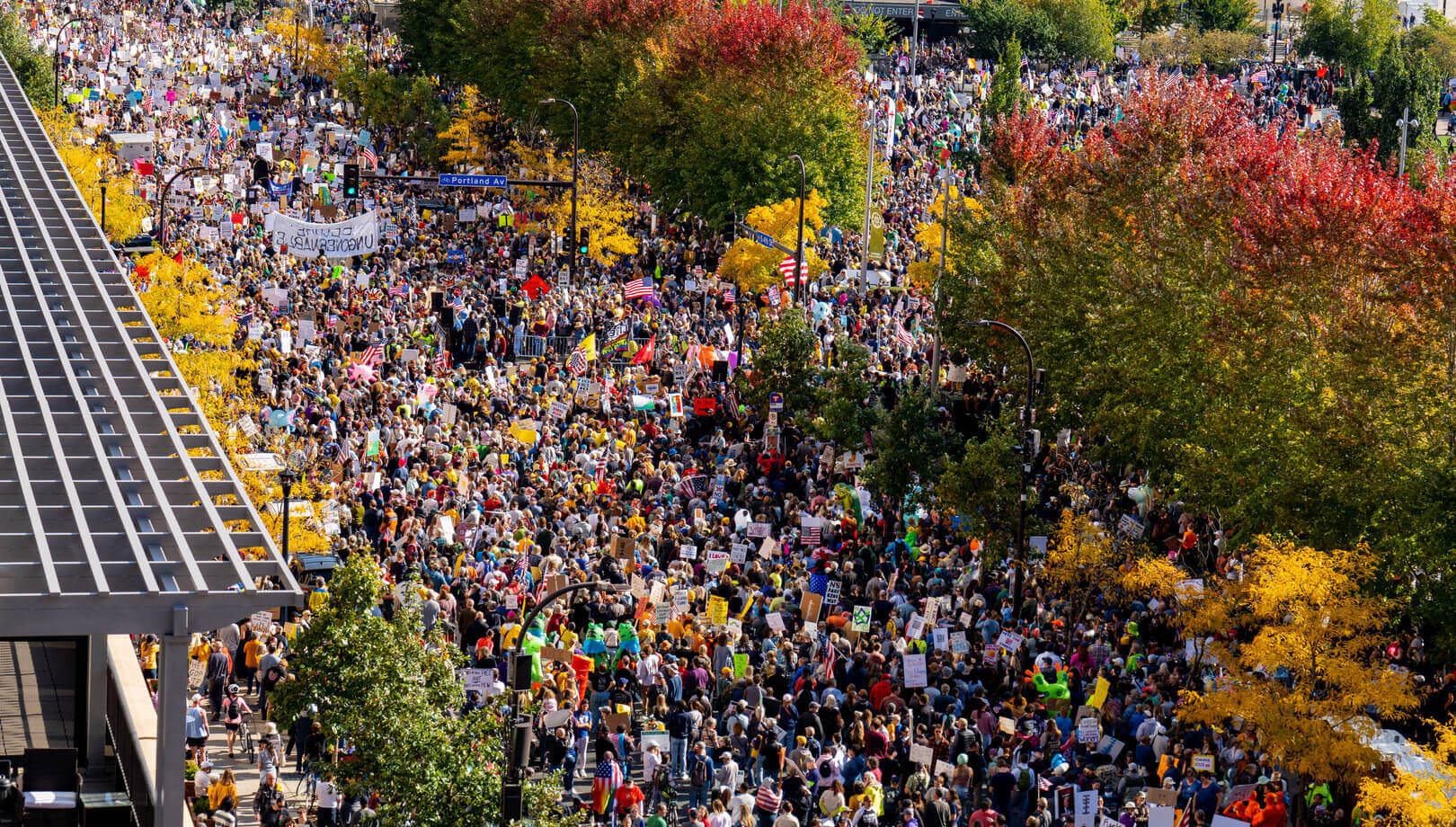In August of this year, the United Nations posted a picture online (see below) in celebration of the International Day of Women and Girls in Science, which is actually celebrated on February 11 to promote the participation of women in science and research. This program was implemented by UNESCO and UN Women. The picture provides a statistical summary on the work of women in science. It emphasizes the fact that less than 30 percent of researches worldwide are women and that only 3% of Nobel Prizes have gone to women since the award was created in 1901.
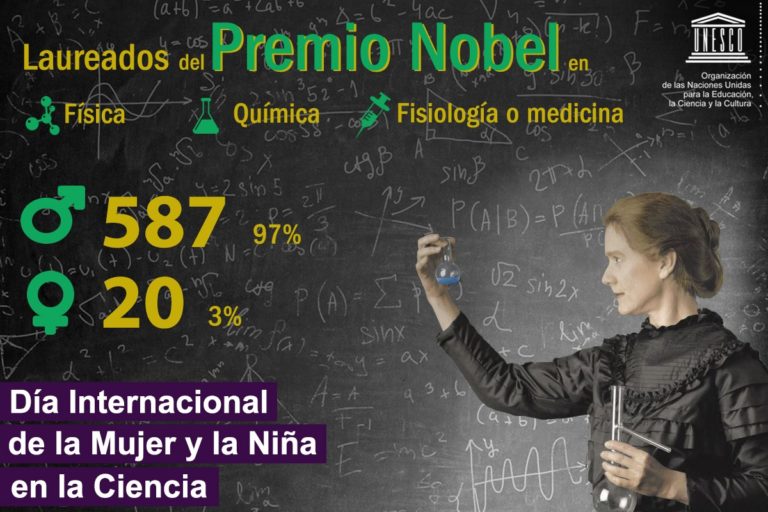
The Nobel Prize was created by Mr. Alfred Nobel to reward discoveries that have been extraordinarily beneficial to humankind. Each year, distinguished experts in the fields of science, mathematics, physics, chemistry, medicine, literature, and peace, are honored in a ceremony that, this year, will be celebrated in October. The winner of each category is chosen every year by the Norwegian Parliament.
The Nobel Peace Prize has been given to 16 women in total. This number represents a rather small percentage of the 3% of total awards given to women. It shows the difficulties that women have had and continue to have in entering areas of the world that are historically dominated by men.
Even though the prize is supported by the international community, many recipients have been criticized for not deserving the award, and the prize often generates controversial opinions. When figures such as Henry Kissinger, Barack Obama, and Yasser Arafat were granted this prize, many people in international society spoke out. Additionally, giving a prize to a politician could be controversial as it might insinuate support towards a political party or a set of ideas.
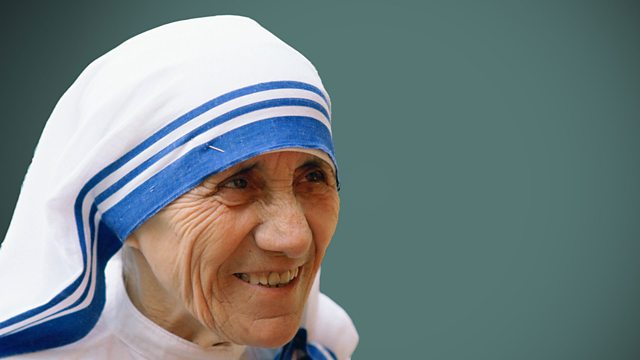
Source: BBC
In addition, to individuals, international organizations have won the Nobel Peace Prize such as the International Committee of the Red Cross which won three times (1917, 1944 and 1963) for its humanitarian activities and services to prisoners of war. Furthermore, the Office of the United Nations High Commissioner for Refugees (UNHCR) was given a nomination by the Norwegian Nobel Committee. Both organizations work hard to protect those who must escape from violence, especially women and children.
Due to the fact that most Nobel Prizes are in the hands of men and, more specifically, those who come from developed countries, women who win the Nobel Prize, especially in the field of peace, should be honored.
With more than enough reason to deserve the prize for her volunteer work with the less fortunate people of her country, Teresa de Calcutta, born in India, won the Nobel Peace Prize in 1979. This was not the first time that a woman was granted the award, but it was the first year in which a woman who came from a less developed country received it. She led the construction of orphanages and nursing homes for the poorest people of her country, and did so much more that a book would need to be written to list all of her accomplishments.
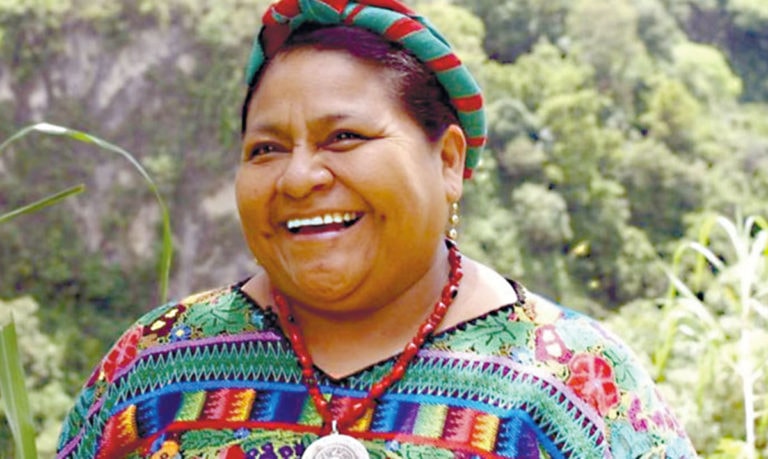
Source: H5P.org
Many years passed until the Nobel Peace Prize was awarded to a Latina woman. In 1992, Rigoberta Menchu from Guatemala won the prize for tirelessly defending the rights of indigenous people. It is not a mere coincidence that the award was given to a Latina at this time. Since the 1990’s, the international community has acknowledged individuals from undeveloped countries more often to promote the equal participation of all actors in world governance. Latina women have had more visibility and acknowledgment recently than ever before.
Moreover, 2011 was a special year for the Nobel Peace Prize because 3 women were recipients: two from Liberia and one from Yemen. Their names are Ellen Johnson Sirleaf, Leymah Gbowee, and Tawakkol Karman. These are three women from Africa or the Middle East, which are arguably the two areas of the world that suffer the greatest misfortunes today.
Equally as important is the youngest woman who has ever won the Nobel Peace Prize, Malala Yousafzai from Pakistan. She was given the award in 2014 and fights “against the suppression of children and young people and for the right of all children to education.”
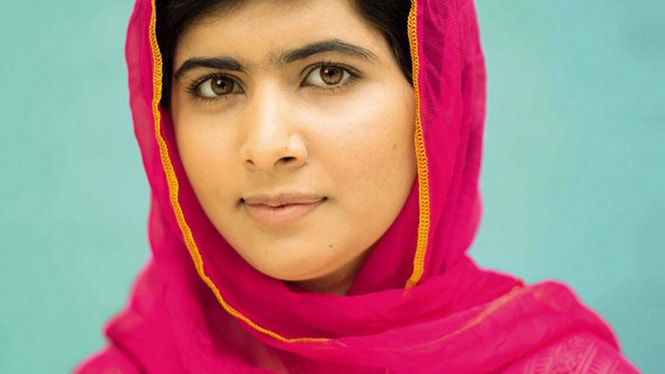
Source: Target Center
Finally, the last woman to win the Nobel Peace Prize was Nadia Murad from Iraq. She was granted the prize in 2018 for her constant effort to eradicate the use of sexual violence as a weapon of war in armed conflicts. Nadia is a survivor of genocide and human trafficking, and today advocates to support the victims of sexual violence and helps rebuild communities during and after crisis.
Nadia was forced to be a slave of the Islamic State (ISIS) and was sold to terrorists. She managed to escape and today is the leader of Nadia´s Initiative which supports victims of genocide and sexual violence. She was abused for being a Yazidi which is a minority group that does not follow Islam. Through her foundation, she is building a global awareness towards sexual violence. Nadia´s Initiative established Sinjar Action Foundation to facilitate the reconstruction of Sinjar, the place where she was born. Additionally, she has donated the earnings of her Nobel Peace Prize to the cause.
One can hear in her acceptance speech the sound of a survivor of many difficulties. However, despite her suffering, she stands full of dignity and humility. She does not victimize herself but instead promotes peace, justice and consideration for the people who are victims of violence.
The work of women like Nadia who intend to spread consciousness of what women suffer as consequences of conflicts and wars should be publicized more. As the landmark of the UN Security Council Resolution 2467 (2019) says: “we must confront the unacceptable reality in relation with sexual violence as a tactic of war and terrorism.”
Resolution 2467 re-enforces the previous resolutions that are intended to protect the victims of violence. This resolution supports Nadia´s cause and reaffirms that survivors deserve reparations so that they can move ahead with their lives.
Related Articles: UNFPA: Supporting Vulnerable, Displaced Women, Girls, and Newborns Amidst Ongoing Conflict in Tripoli | #IAmToufah Makes the Message Clear: We Will Not Wish the Rape Crisis Away | Origin Capital: Financing Women to Improve Communities
Leaders like Nadia remind the international community of the commitments they have made to ending gender-based violence and discrimination such as the Convention on the Elimination of All Forms of Discrimination against Women which was signed in 1979 by 99 countries. Other commitments include the standards of humanitarian treatment of the civil society within war established by the Geneva Conventions and Resolution 1325. Resolution 1325 was created by the Security Council of the United Nations in 2000 and intends to give special consideration to the needs of women and girls affected by conflicts and to urge the support of them as they resettle, rehabilitate and reconstruct their lives.
We need more woman leaders to build peace processes and we should put more emphasis on causes like the ones that Nadia and Malala work towards. Empowering governments to act against all kinds of violence and for the benefit of humanity should be a priority. This October, we will have another celebration of the Nobel Prize while the United Nations Council has a debate in New York about Women, Peace and Security to promote the consolidation of peace through women´s political and economic empowerment.
90% of the victims of conflict around the world are civilians and most of them are women and girls. Now that there are more than 70 million displaced people around the world, it is the responsibility of all actors to protect the rights and lives of those who are most unprotected. Celebrations such as the Nobel Peace Prize give us the opportunity to acknowledge individuals who work towards world improvement and transcend their individual needs in exchange for those of humanity. There is plenty to learn through their example. More women like Nadia, Malala and Teresa will be needed in the near future.


